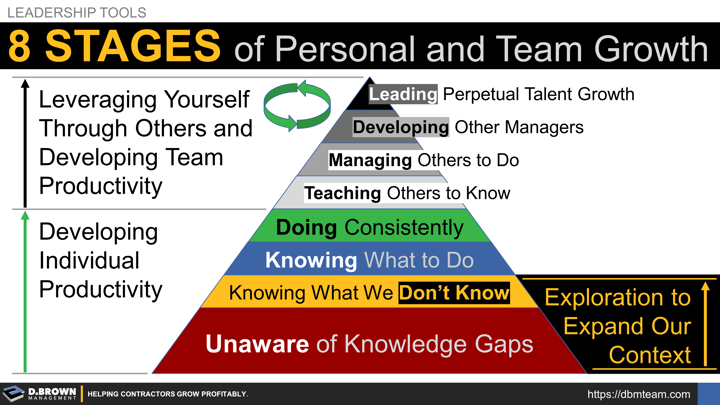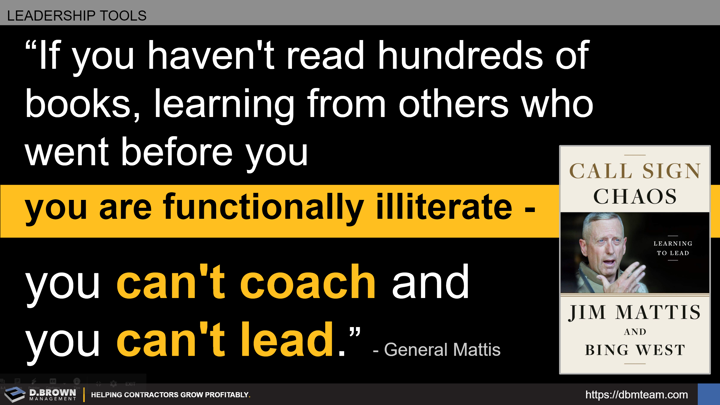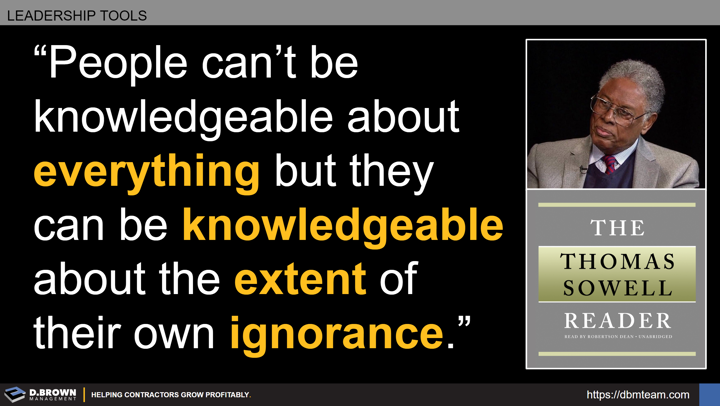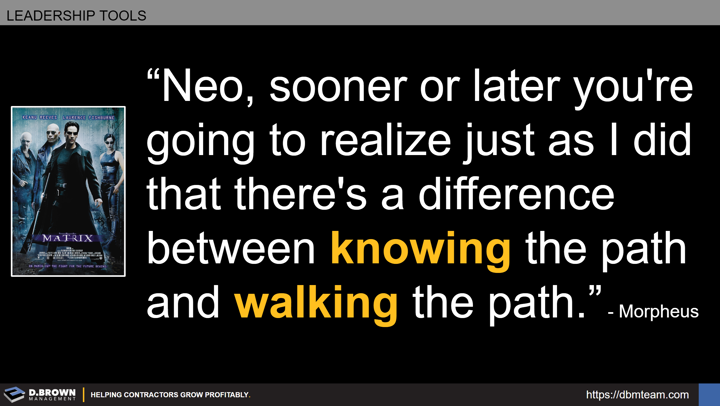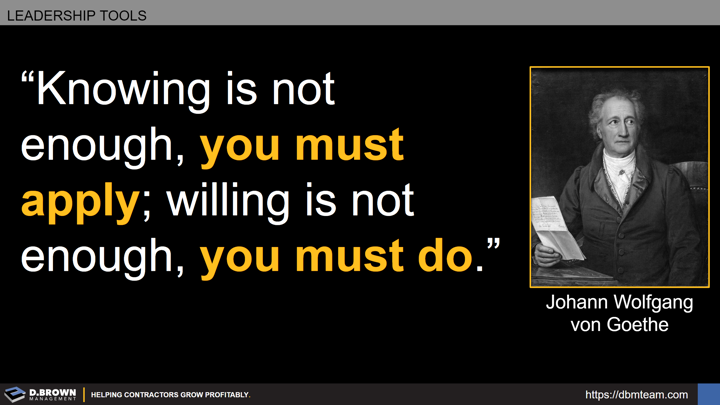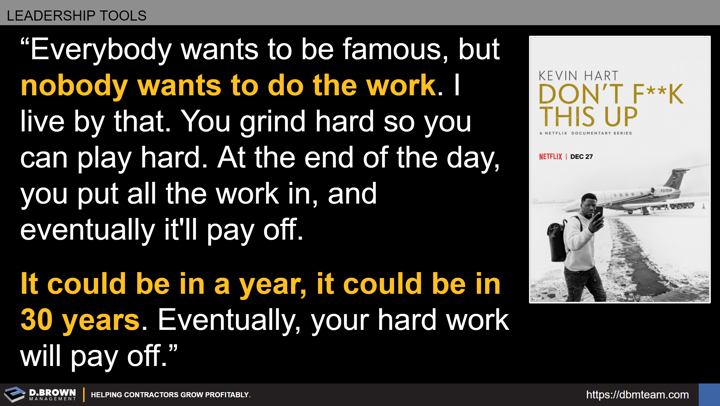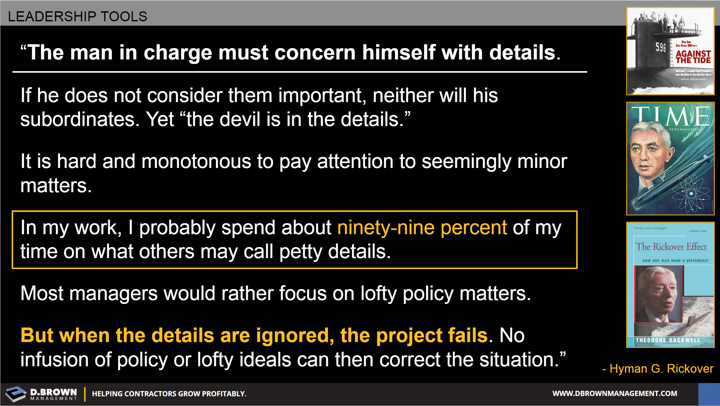Take an inventory of where you and your team are at.
Know that you will need several outside perspectives to truly develop this inventory. We all have blind spots and it's impossible to recognize them. You can't read the label from inside the jar.
Understanding Each Stage More Deeply:
1. Unaware of knowledge gaps and the broader context. This can be described as Situational Awareness. The only way to get through this is a state of constant exploration that includes reading, building relationships, asking good questions, and experimenting.
Know that this part of the pyramid is likely dramatically bigger than you can imagine. Most of the world's expertise lies outside of any one person or team, even in relatively narrow areas of specialization. This is why collaboration is the key to success.
Call Sign Chaos - Learning to Lead
2. Knowing what you don't know is the next critical level on the pyramid. Success at this level will come from choosing what you want to learn and in what sequence to close the knowledge gaps.
- Look at the requirements of your organization as a whole, starting with the purpose.
- Look at what is most necessary at this point in time to put yourself in the "Highest & Best Use," which is always tied to your compensation.
- Look at what your vision for a "Perfect Life" is and what it takes to make you truly wealthy by all measures.
- Look at how you allocate your time between learning and doing for continued growth.
- Know that you will likely have to build upon your strengths and eliminate some weaknesses to achieve what you want.
The Thomas Sowell Reader - These selections from the many writings of Thomas Sowell over a period of half a century cover social, economic, cultural, legal, educational, and political issues.
3. Knowing what to do is the next step. Of all the steps, this one is relatively straightforward. There is a simple formula for closing knowledge gaps.
4. Doing something consistently and demonstrating clear results over time is the first step toward individual productivity. It's action that improves the Contractor's Scoreboard and ultimately, your compensation. Discipline equals freedom and agility, beating external motivation 100% of the time.
Never waste time talking about what you know or what should be done, and watch out for people who do.
“We have a strategic plan, its called doing things”
These first four levels are 100% about personal productivity and they set the foundation. The top half of the pyramid is 100% about how to leverage yourself through others and to what degree.
5. Teaching others is how we make each other better and improve our own skills at the same time. This begins with expanding their context so they can see what they don't know. Beginning this process can be as simple as a detailed training outline or career plan. SODOTO - See One > Do One > Teach One.
6. Managing others to do something consistently takes discipline and time. It requires making the time to check their work and provide feedback so they continuously improve. It's all part of the PDCA - Plan > Do > Check > Act/Adjust process. The skills of a good teacher and a good supervising manager are not always the same. A good coach gives great feedback and management of every detail is an exceptionally critical part of leadership.
7. Developing others that can manage effectively is the next step in growing a team and maximizing your leverage.
8. Leading the development of other leaders who can perpetuate the growth of talent at all levels is the ultimate in sustainable growth for an organization.
Interrelated development pyramids like this exist throughout a contractor's career and business. A Superintendent has to develop mastery in the field at each of these levels. The head of Preconstruction must do the same within their functional area. Sustainable growth is constrained by the throughput of these pyramids.
It is only through developing strengths in individuals and aligning them effectively that we help contractors grow profitably in all economic conditions.

